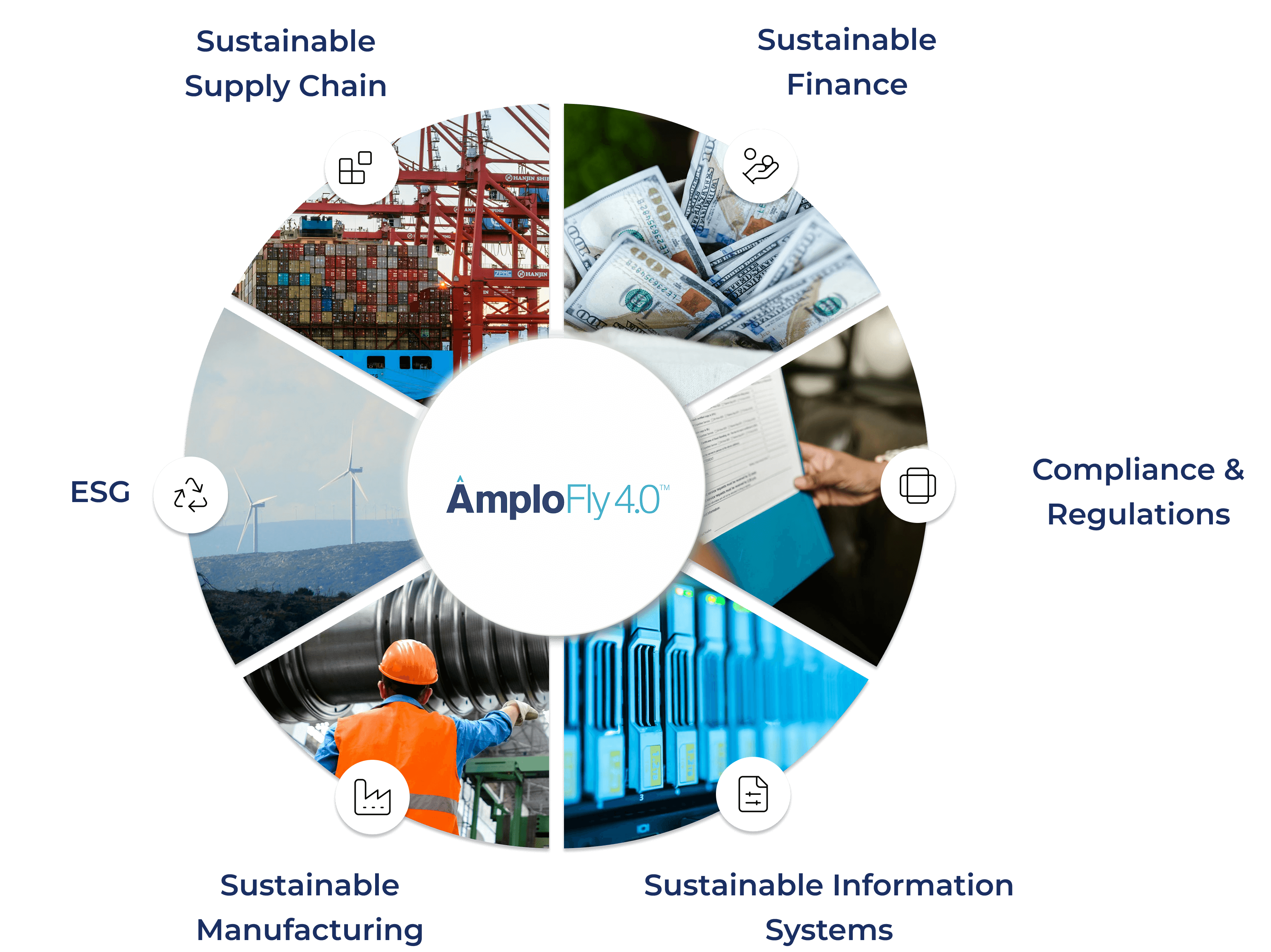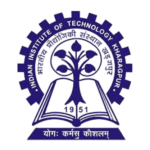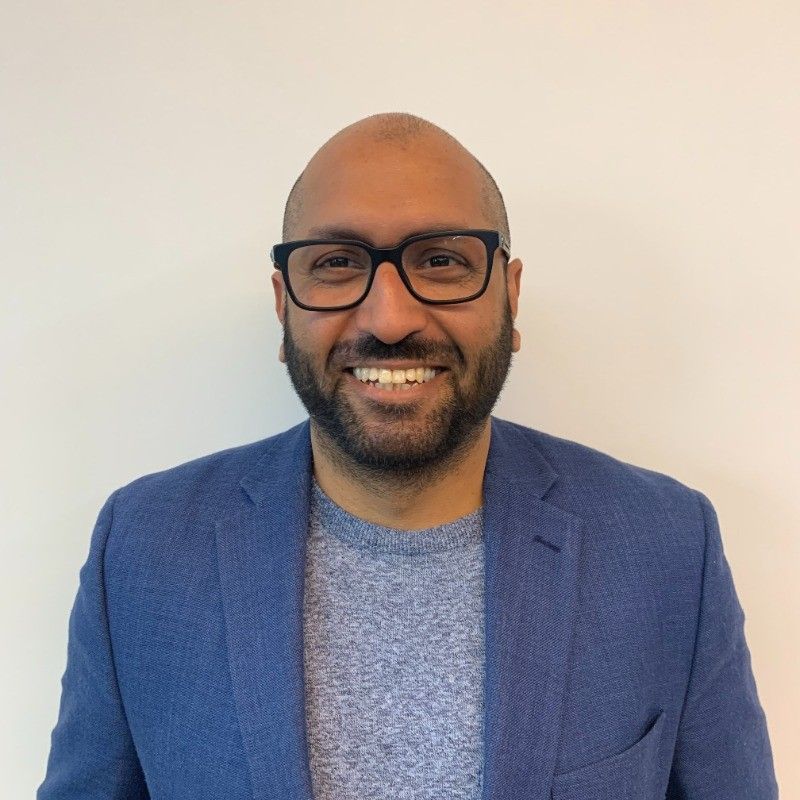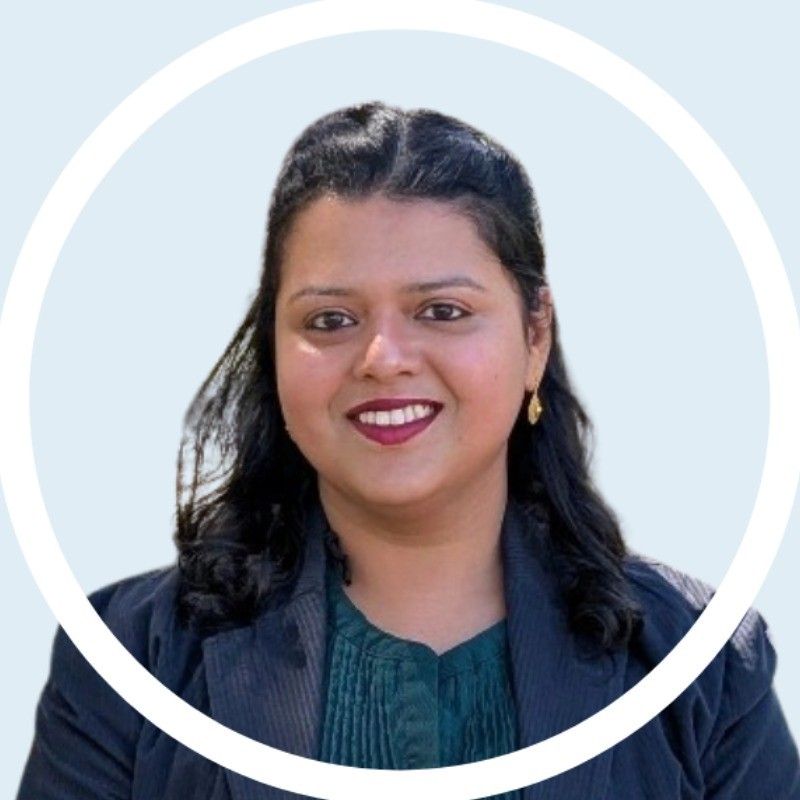Request a Demo Today
Book a Call
73%
Achieved profitability & reduced downtime in the Automotive Industry
17%
Of funds repurposed towards green sourcing in the Apparel Industry.
22.14%
Revenue savings by 2050 through financial risk mitigation in the Packaging Industry.
25-35%
Achieved shipping cost reduction in the Logistic Industry.
7%
Improvement in supplier score and management in the Oil & Gas Industry.
Organization's ERA journey with AmploFly4.0™

Trusted by global customers and partners




































What our customers are saying
Ready to Transform your Business?
Take your business to the next level with our innovative solutions. We help companies modernize their processes and achieve holistic growth.
Book a Call
Recent Articles

How Supply Chain Leaders Are Turning Uncertainty into Opportunity
For those of us in supply chain planning, the past few years have been a real test of nerves and adaptability. Volatility isn’t occasional anymore—it’s constant. But I’ve found that those who thrive in this environment are the ones who figure out how to turn data into decisions, and uncertainty into opportunity.


Product Engineering: Can We Design the Next-Gen Zero Emission Product Lines?
As global climate targets tighten, product engineering is emerging as a critical lever for change. The question facing today’s innovators is not just how to build more efficiently, but what to build to meet the demands of a low-carbon future. This leads us to an essential challenge: Can we design the next generation of zero emission product lines?


Manufacturing Intelligent Systems: Is Zero Waste a Possibility?
As the manufacturing sector adapts to rising environmental concerns, the idea of zero waste is no longer just idealistic thinking. It is a necessary evolution. But is it truly possible?






